Tonight the foreign year will change and the year 2022 will begin.
The world will celebrate, and there will be no shortage of parties in Israel either - many of them under the name Sylvester, but for more than a million people this will be a celebration of Novi Good ("New Year" in Russian).
I was born in Israel, studied in a studio, and the new civil year has never been a part of my world.
Because we, the Jewish people, have Rosh Hashanah.
I remember that my mother, who immigrated from Moldova in 1978, and my father, who immigrated from Latvia in the 1950s, were very careful to preserve this perception.
The seemingly "Novi Good" story was never my story.
My identity has always been Israeli and only Hebrew was spoken to me at home.
My older sister and brother who were born in Moldova were and still are completely Israeli.
Moreover, as a girl in elementary school, I remember my mother "suddenly" becoming a Russian accent.
Later, of course, it turned out that as a nurse in charge she trained the nurses who immigrated to Israel, and the training was done in Russian.
Throughout my youth and even today, Israeli society has always labeled me as Russia, a label I have always run away from.
It was only at a later age that I realized that this labeling came about because my appearance for the "Israelis" is a "Russian appearance."
But in the last decade I find myself dealing more and more with questions of identity.
A question that bothers me is to what extent do motifs of Russian identity also fit into my absolute Israeli identity?
To what extent is the Russian language I have learned over the years part of my origins and identity of my parents, the language in which they speak to relatives?
Novi Good has become an event that allows me and many others to bridge the gaps in our personal identity.
The holiday makes it possible to take our "Israeli" and "Russian" identities or those of our parents, and see how they live together and succeed in enriching each other's teachings.
At Novi Good I always listen to Mom's stories of how this holiday was the only non-communist holiday in the Soviet Union.
It was a day off in all the Republics, where the family gathered to eat traditional food like salted fish and Olivier salad.
It was a day of worry-free joy - not a trivial matter under Soviet rule.
And here the tradition has been renewed here as well.
At Novi Good we raise glasses of champagne or sparkling wine, and watch a festive concert on a channel broadcasting from Russia: a spectacular production, where artists and guests sit together in the hall and each time someone else comes up to perform.
When a mother asks her to sit with her to raise a glass to life and watch a Russian concert, it is not something "of the Gentiles" and certainly not "Sylvester".
It is a real family experience, where I can connect the roots - the Israelis thanks to whom I can celebrate in the State of Israel, and the Russians, who will always be the parents' homeland.
And no, we never had Yulochka at home.
S. Novim Godom!
Were we wrong?
Fixed!
If you found an error in the article, we'll be happy for you to share it with us

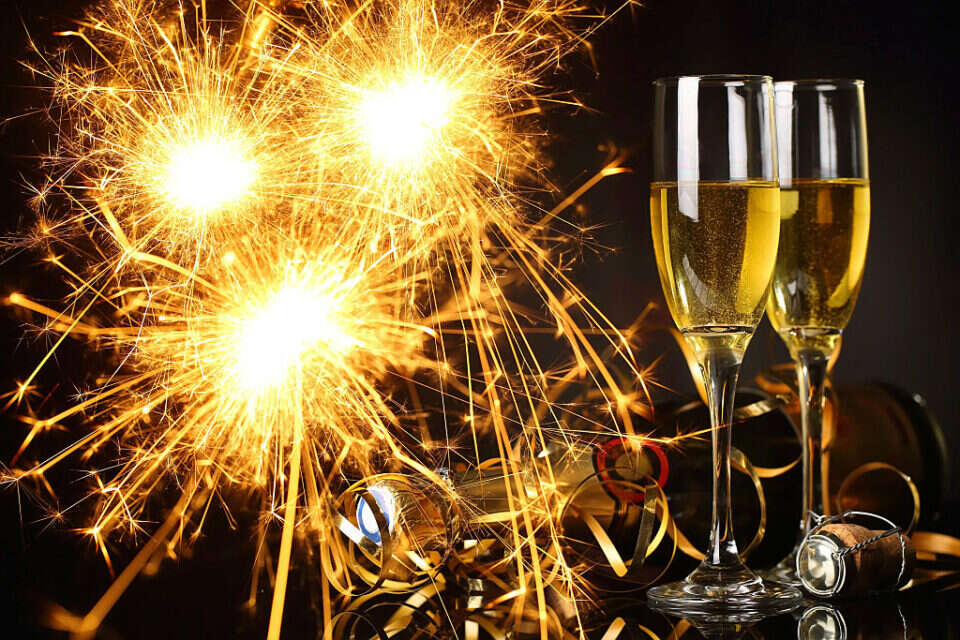
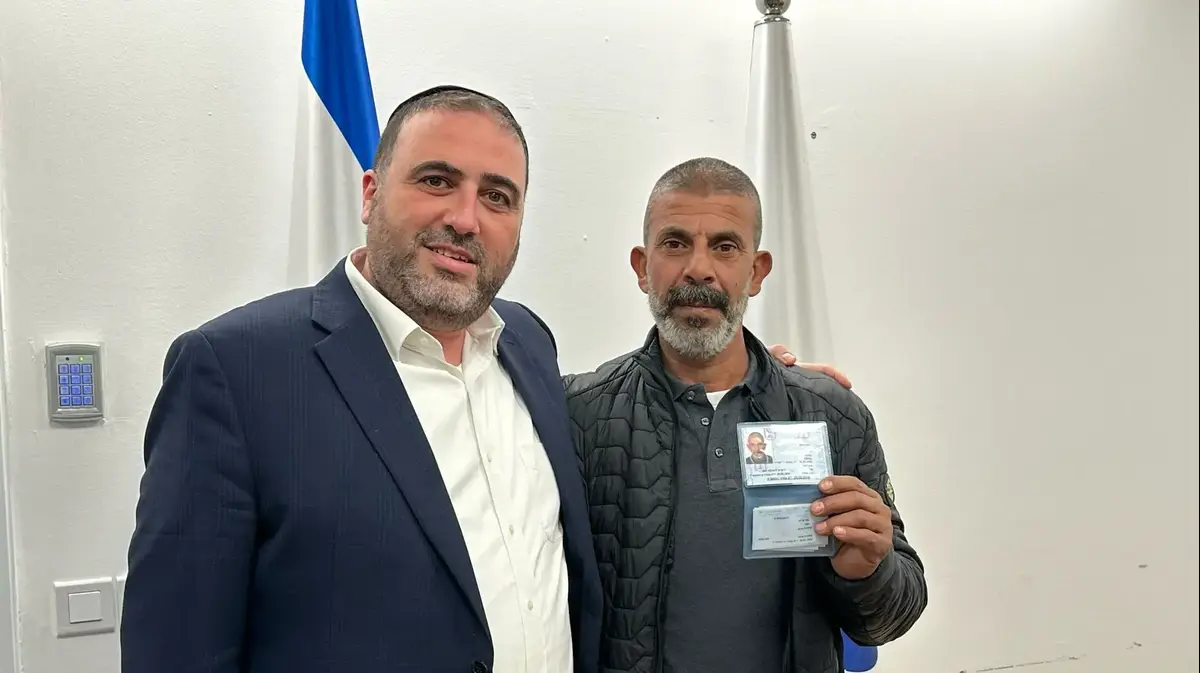

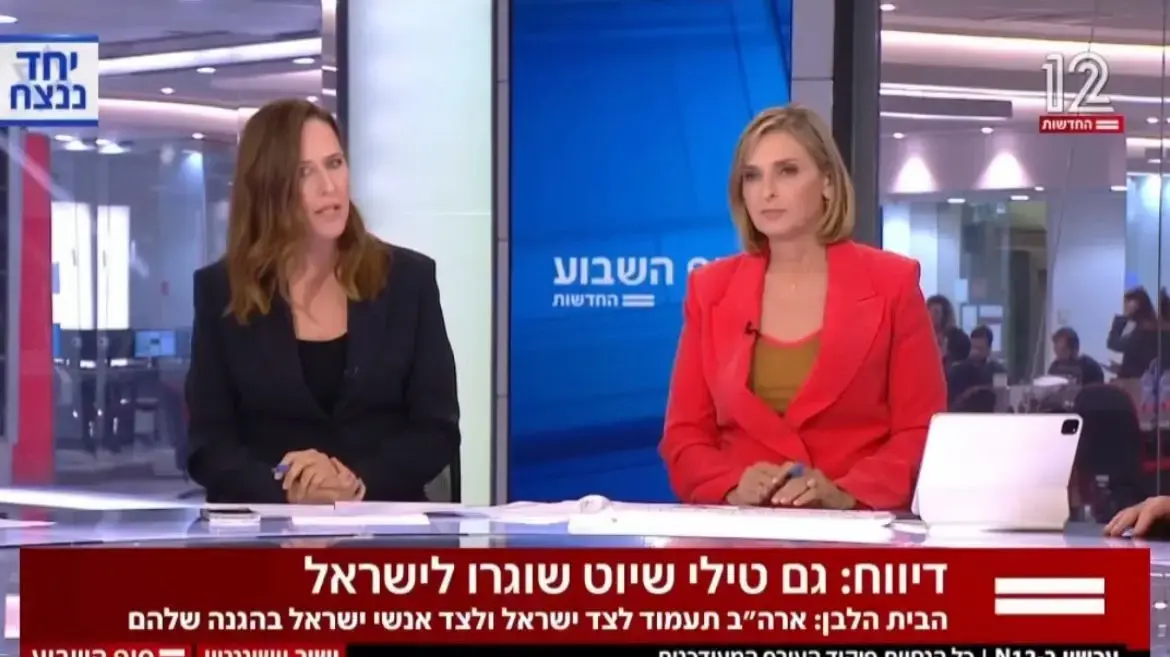
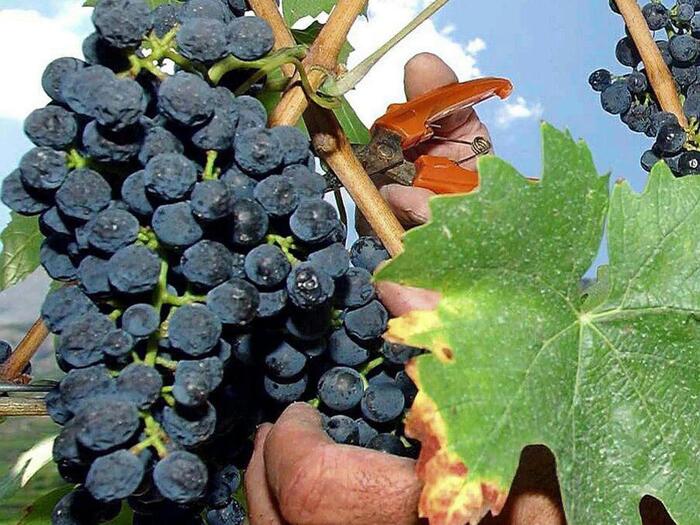
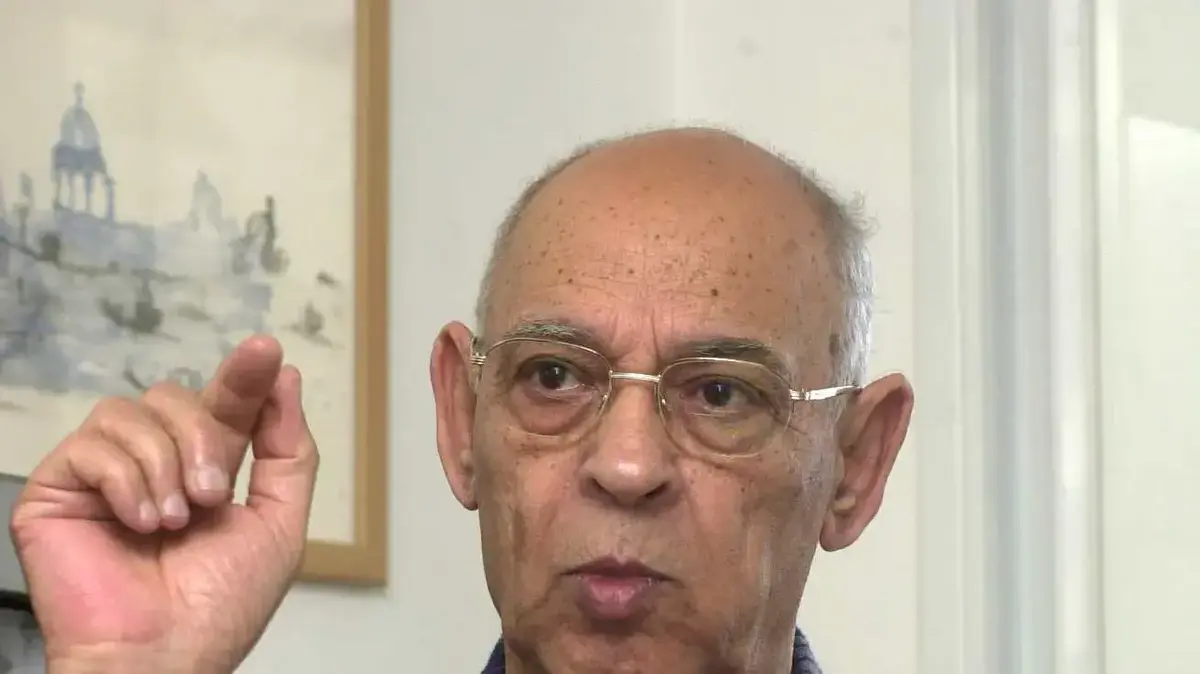
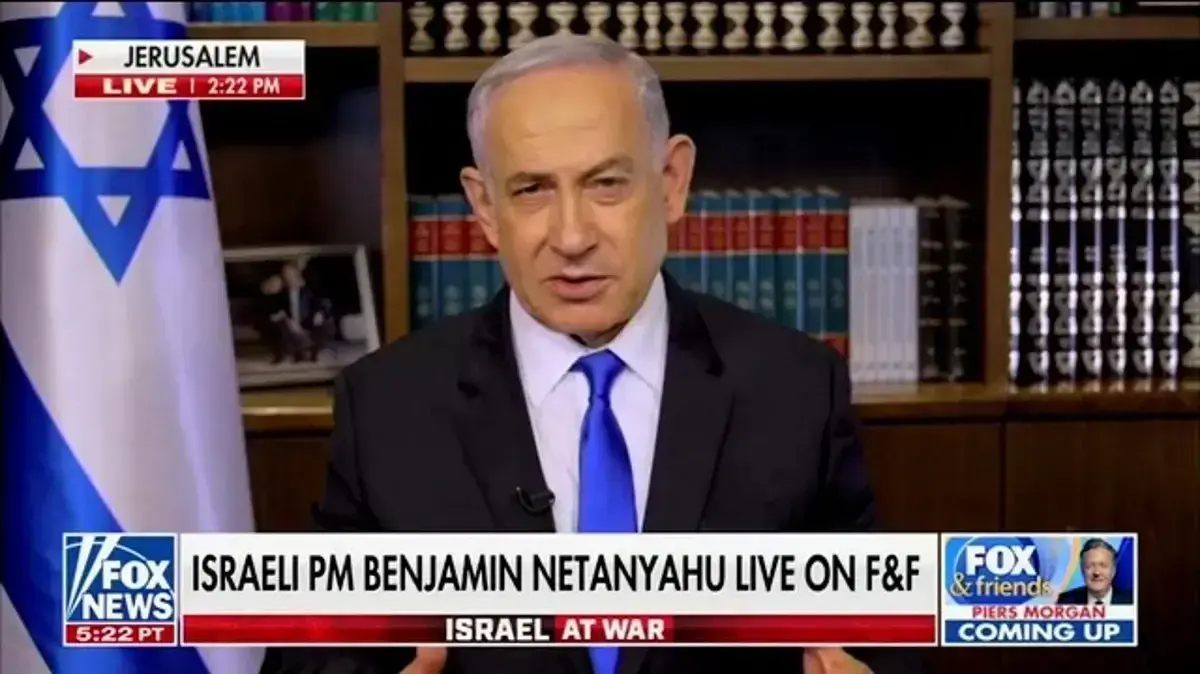
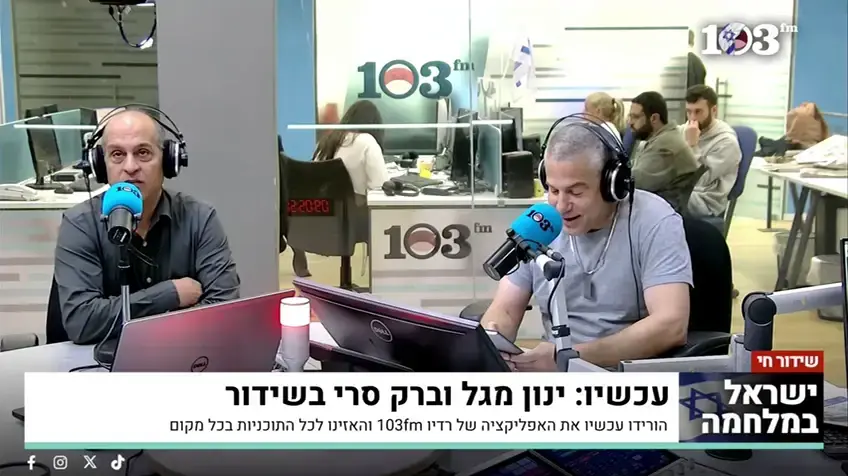
/cloudfront-eu-central-1.images.arcpublishing.com/prisa/YVK4HZAFDKHYPX5IOZ5XKJSHDA.jpg)





